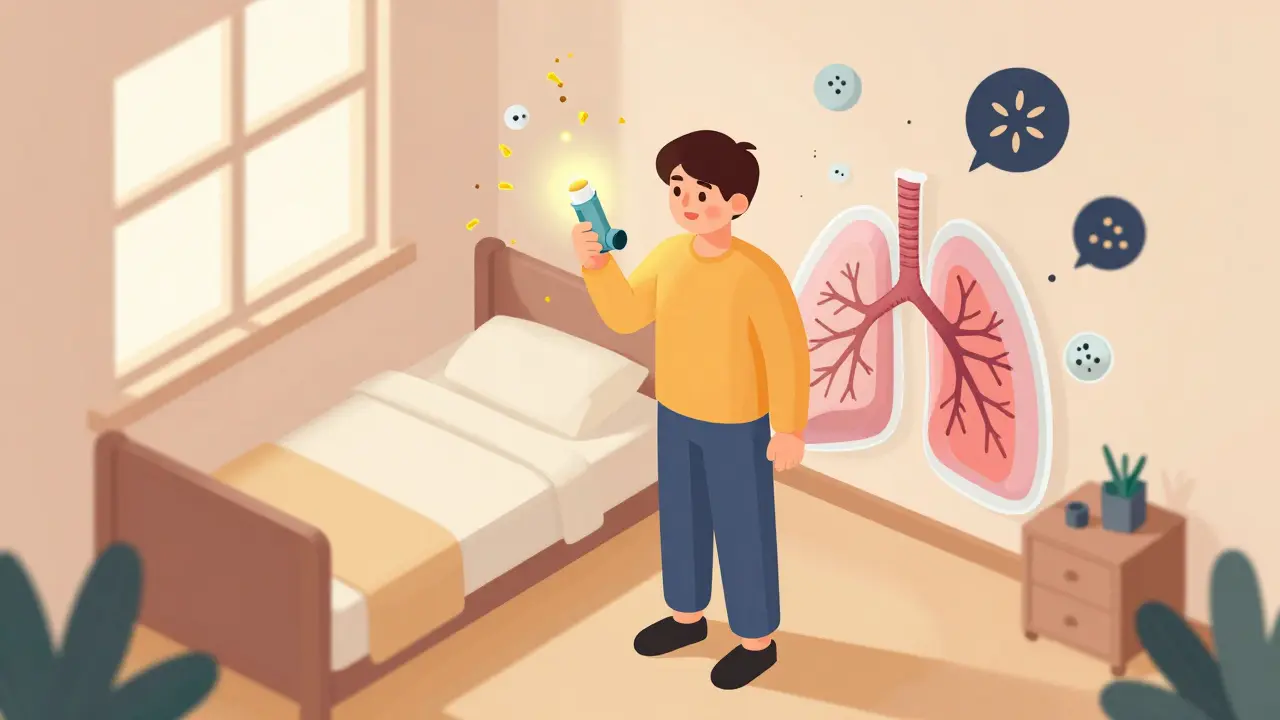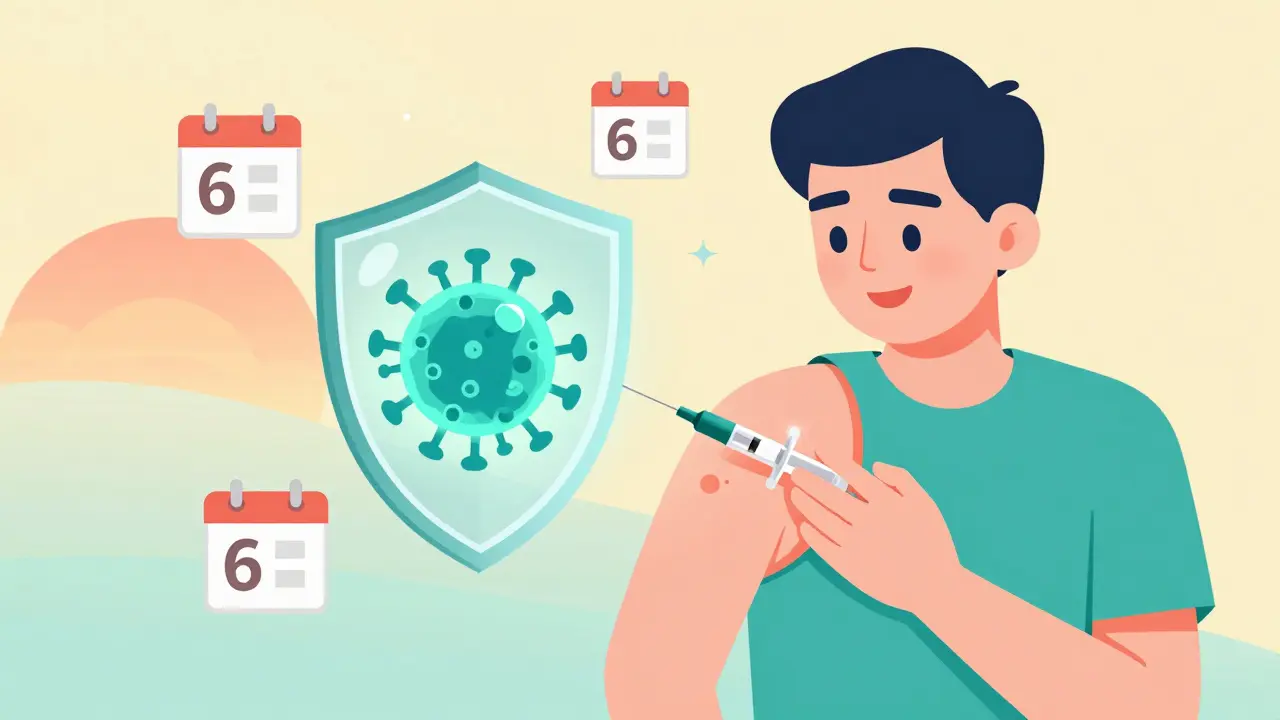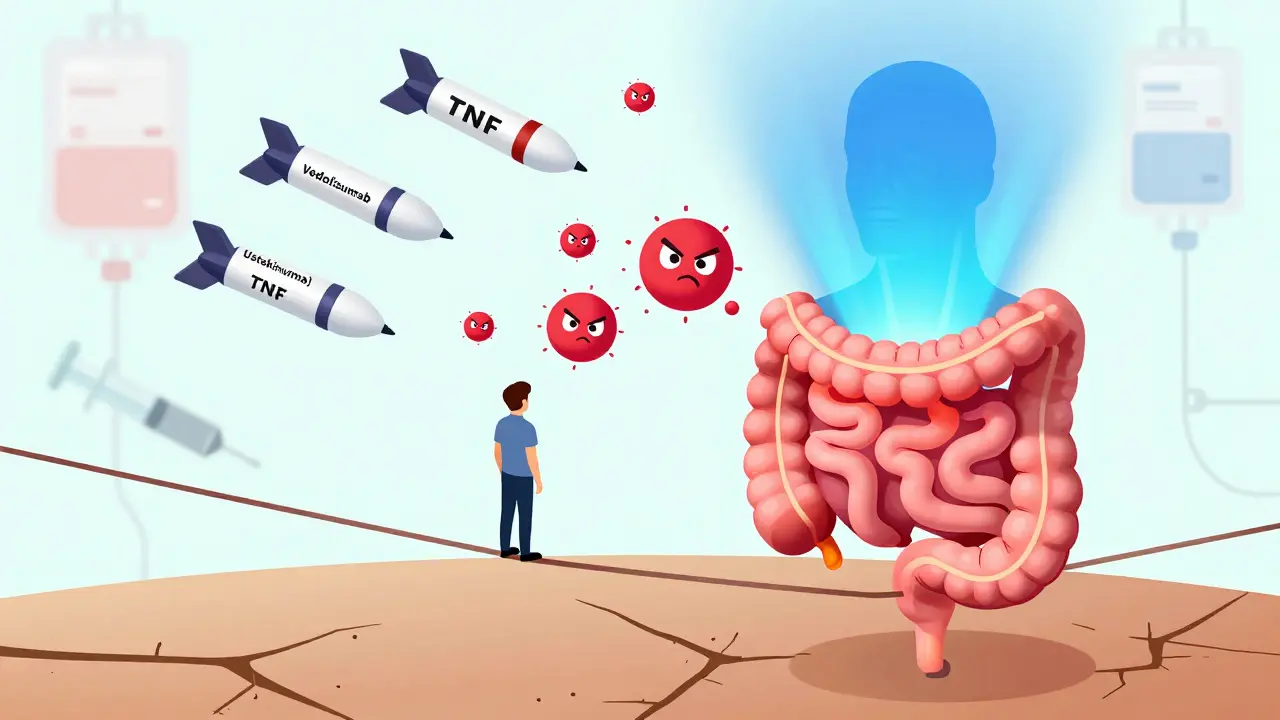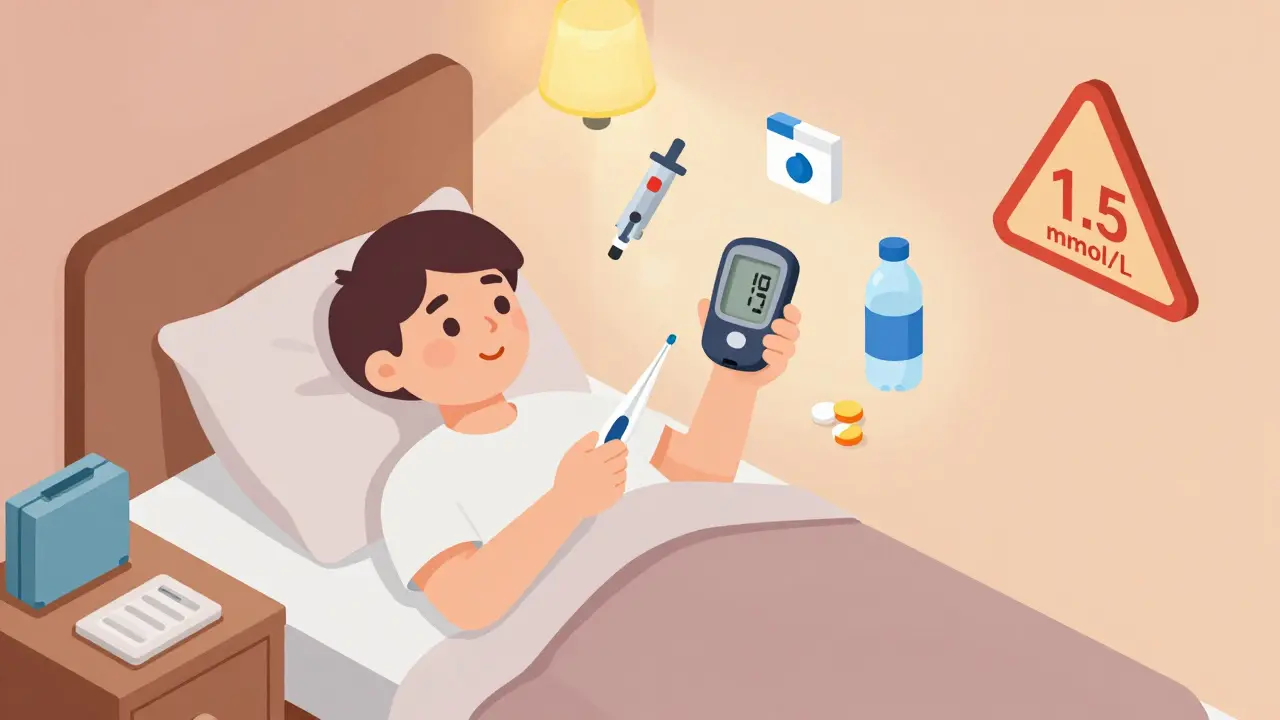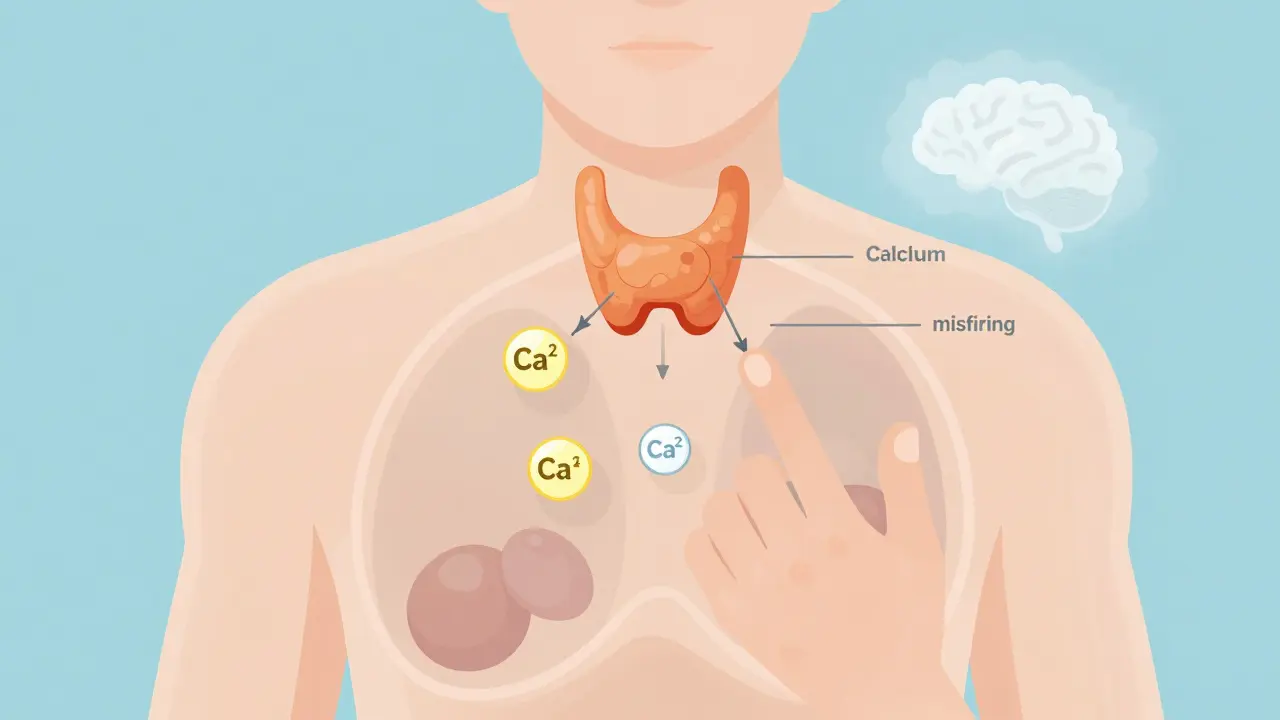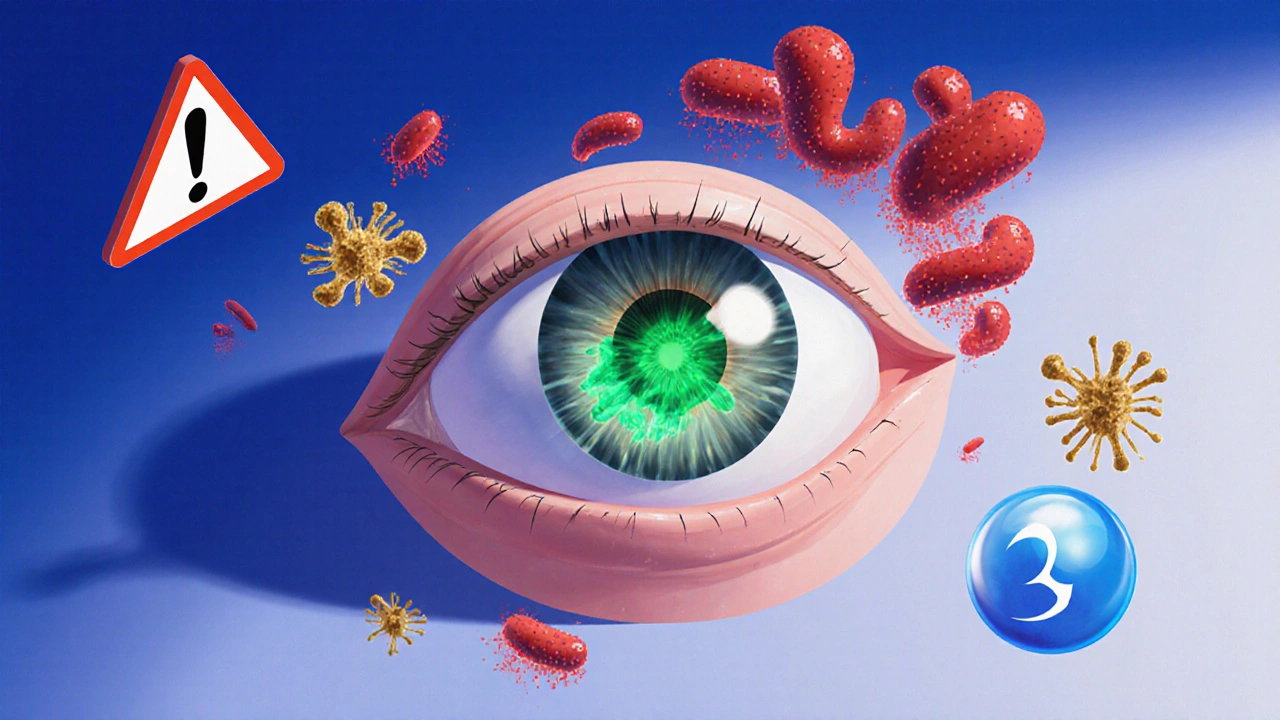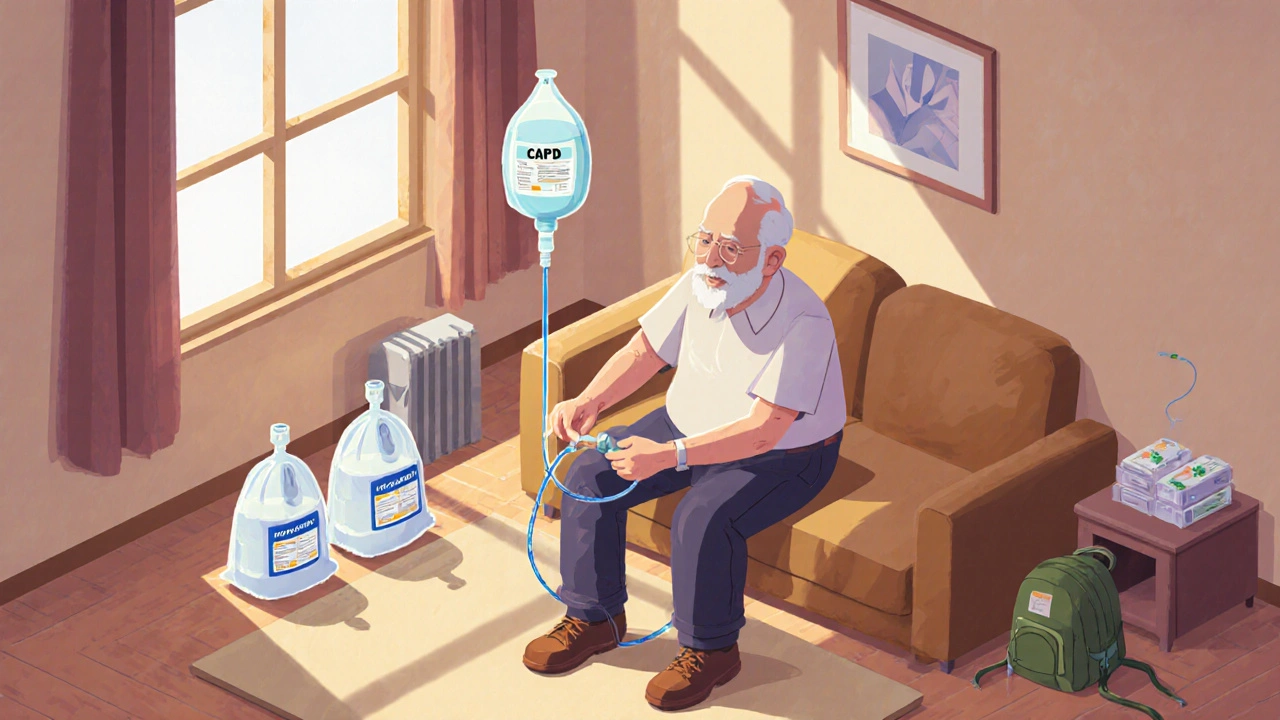Health Conditions: Practical guides for real-life problems
If you want straightforward info on chronic pancreatitis, cell lymphoma clinical trials, or how amenorrhea affects your work life, this category collects focused, usable articles. No fluff — just clear steps, safety notes, and practical tips you can act on or discuss with your clinician.
What you'll find in these posts
Each article breaks a topic into what matters most: causes, common symptoms, simple self-care, and when to get medical help. For chronic pancreatitis we look at which lifestyle changes and supplements have real evidence behind them and which are mostly hype. For cell lymphoma, the piece explains how clinical trials work, what phases mean, and how joining a trial might affect treatment options. For amenorrhea, the article focuses on how missing periods can change energy, mood, and job performance — plus concrete ways to manage it at work and at home.
Quick, practical takeaways you can use now
Chronic pancreatitis: Cut alcohol, follow a low-fat diet, and talk to your doctor about pancreatic enzyme replacement and targeted pain strategies. Be cautious with herbal supplements — some can interact with meds or irritate the pancreas. If you have repeated severe belly pain or unexplained weight loss, get evaluated sooner rather than later.
Cell lymphoma clinical trials: Learn the trial phase (I–III), ask about the control arm and potential side effects, and check logistics like travel and extra tests. Trials often provide access to new options, but they also require more monitoring. Start by discussing trials with your oncologist and searching registries such as ClinicalTrials.gov to find nearby opportunities.
Amenorrhea and work: Missing periods can hit energy, sleep, and concentration. Track symptoms so you can describe them clearly to a clinician. At work, small adjustments help — flexible breaks, lighter workloads during flare-ups, or remote days when needed. If your periods stop for three months or you have sudden changes, see a doctor to rule out hormonal or systemic causes.
Across all posts we emphasize safety: check interactions before adding supplements, get clear baseline tests if you join a trial, and document symptoms when discussing work accommodations. These articles are written to help you make smarter questions, better choices, and quicker next steps with health professionals.
If you want straightforward summaries or actionable checklists from any article, bookmark the post you need and use it as a guide for your next conversation with a clinician or employer. We aim to help you cut through jargon and focus on what actually works.
Learn the key differences between asthma types, common triggers, and why inhalers are the preferred treatment over oral medications. Understand how biologics and smart inhalers are changing asthma care today.
View More
Shellfish allergy is one of the most dangerous food allergies due to hidden cross-reactivity and high risk of accidental exposure when dining out. Learn how tropomyosin triggers reactions, why crustaceans and mollusks differ, and proven strategies to eat out safely.
View More
Modern HIV treatments like lenacapavir now offer twice-yearly injections that suppress the virus better than daily pills, dramatically improving quality of life. Learn how these breakthroughs work, who they help, and why access remains a critical issue.
View More
In 2026, flu and COVID-19 require different testing, treatment, and isolation steps. Learn how to tell them apart, which antivirals work, and when to stay home based on the latest 2024-2025 data.
View More
Crohn’s disease causes chronic gut inflammation that can lead to serious complications. Biologic therapies like anti-TNF drugs, vedolizumab, and ustekinumab target the immune system to reduce inflammation, heal the gut, and improve quality of life - but come with cost and safety considerations.
View More
When you're sick with diabetes, your body needs special care. Learn the essential rules for managing insulin, hydration, and ketone checks to avoid dangerous complications like diabetic ketoacidosis.
View More
Keratoconus causes progressive corneal thinning and vision distortion. Rigid gas permeable and scleral lenses restore clear vision by creating a smooth optical surface over the irregular cornea, offering a non-surgical solution for most patients.
View More
Learn how to manage hypoparathyroidism with calcium and vitamin D supplements, diet changes, and monitoring to prevent complications like kidney stones and brain calcification. Essential for patients and caregivers.
View More
Corneal ulcers from contact lenses can cause permanent vision loss. Learn the real risks, urgent warning signs, and what to do immediately if you suspect an infection.
View More
Learn the real differences between CAPD and APD for home peritoneal dialysis-how they work, costs, daily impact, and who benefits most. Make an informed choice for kidney failure treatment.
View More

